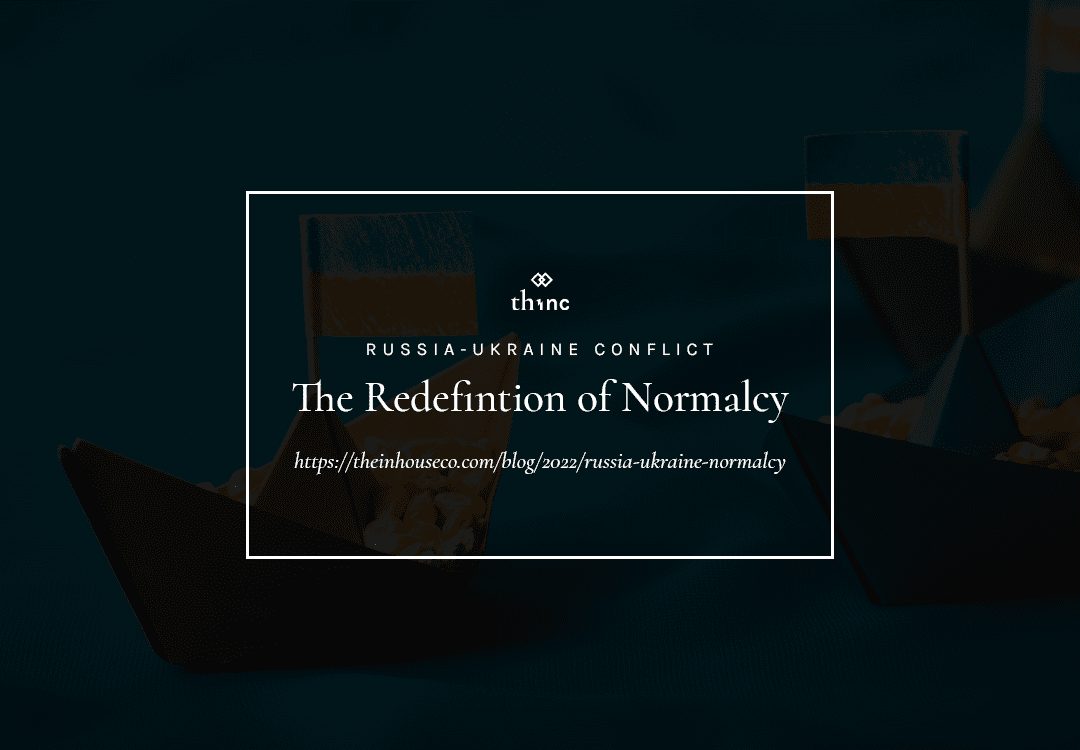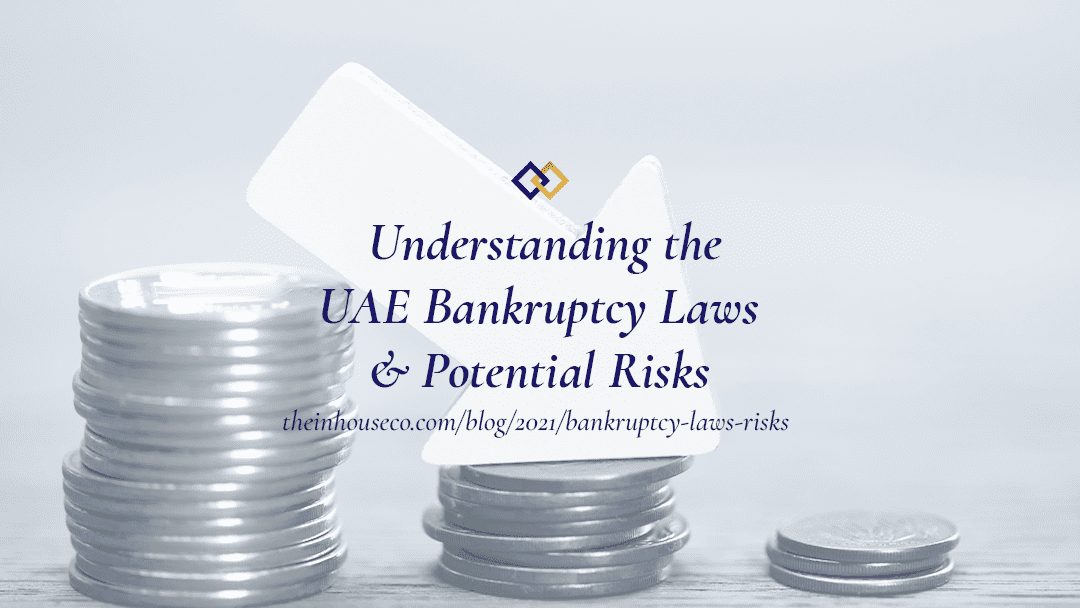The inevitable truth is that the impact of the Russian – Ukrainian conflict has forced global economies to redefine their normal. A recent article published by MIT touches on this matter and reiterates the significant impact that this conflict has had on the global economy. The operational and logistical flow of resources from these countries have been now replaced with supply chain disruptions and scarcity in the supply of these resources. The invasion has paved the way for increased distribution costs, disruption of the global supply chain, scarcity in food resources such as wheat and sunflower oil, rise in prices of commodities and rise in inflation rates and travel costs across the globe.
The agricultural contribution that the Russian – Ukrainian sectors had provided to the rest of the world is absolutely fascinating. According to the OECD, Russia is the world’s largest exporter of common food staples such as wheat, and an important exporter of barley and sunflower oil. Russia – Ukraine together is responsible for a quarter of the global barley production and over 53% of the world supply of sunflower oil. The inability of local farmers to produce such resources or even transport them to other countries due to blocked ports has a twofold impact on both the conflicted countries as well as the rest of the world. In fact, such scarcity in resources could also lead to higher commodity prices, or worse, a global famine. The supply chain that facilitates the transportation and logistics of such resources have been further depressed by the many sanctions that have been triggered by this conflict.
The Deloitte European CFO Survey showed a steep decline in business outlook, with uncertainty levels at an all time high. It led the International Monetary Fund to downgrade its outlook for the global economy for the fourth time in under a year. The higher energy prices feed into inflation – Barrons (published by Dow Jones & Company) analyzed a 2% increase in global inflation in 2022. Inflationary pressures would not only slow growth, but would also put upward pressure on already high inflation levels. The U.N. Development Program noted that the rising prices has thrown over 71 million people into debt, and a projected 181 million people could suffer a hunger crisis. The Central Banks may introduce more aggressive interest rate hikes, and monetary tightening, which is expected to deter investments and further market selloffs.
Immediately after the onset of the conflict, US, Canada, UK and many other European nations restricted Russian airlines from flying within their airspace or landing in their territory, as a result of the invasion. As a retaliatory response, Russia shut its airspace for over 36 countries. The result? Longer travel times, higher refueling costs and consequent rise in travel costs for the airlines affected. It is obvious that the effect of this war has been worsened merely by its timing; many nations were slowly (and still are) reeling in from the devastation and confusion brought about by COVID-19.
Many believed that this conflict would alter the way commerce and even simple day to day tasks are performed. Potentially exaggerated optimism, there are others who remained oblivious to the repercussions of this conflict and disregarding it as a potential threat.
Taking into perspective all that is slowly erupting with the conflict, it is essential that all individuals and businesses equally prepare themselves to soften the blow of this invasion.
This could be through establishing alternative suppliers, investing in alternative sources of revenue generation, entering joint venture relationships and using the combined resources and skills to combat the issues in the market while concurrently, seizing every opportunity that comes their way. Although change management from the familiar to the alternative is not easy, it will definitely allow companies to mitigate the risks of supply chain disruption. And most importantly, it is essential that companies learn to work in an agile and adaptive manner by planning and adapting to the changes in their operative environment.
By and large, adapting into the new normalcy will ensure survival of entities, not only in the short run, but in the long run as well.
Latest news seems to indicate that things are about to get much worse in both Russia and the Ukraine. History has shown us time and time again that needless wars serve no purpose except to create an economic downward spiral and plunge the common man into devastation and sorrow. We repeat the same mistakes that leaves us no choice but to continue to adapt and cope and rebuild.



















